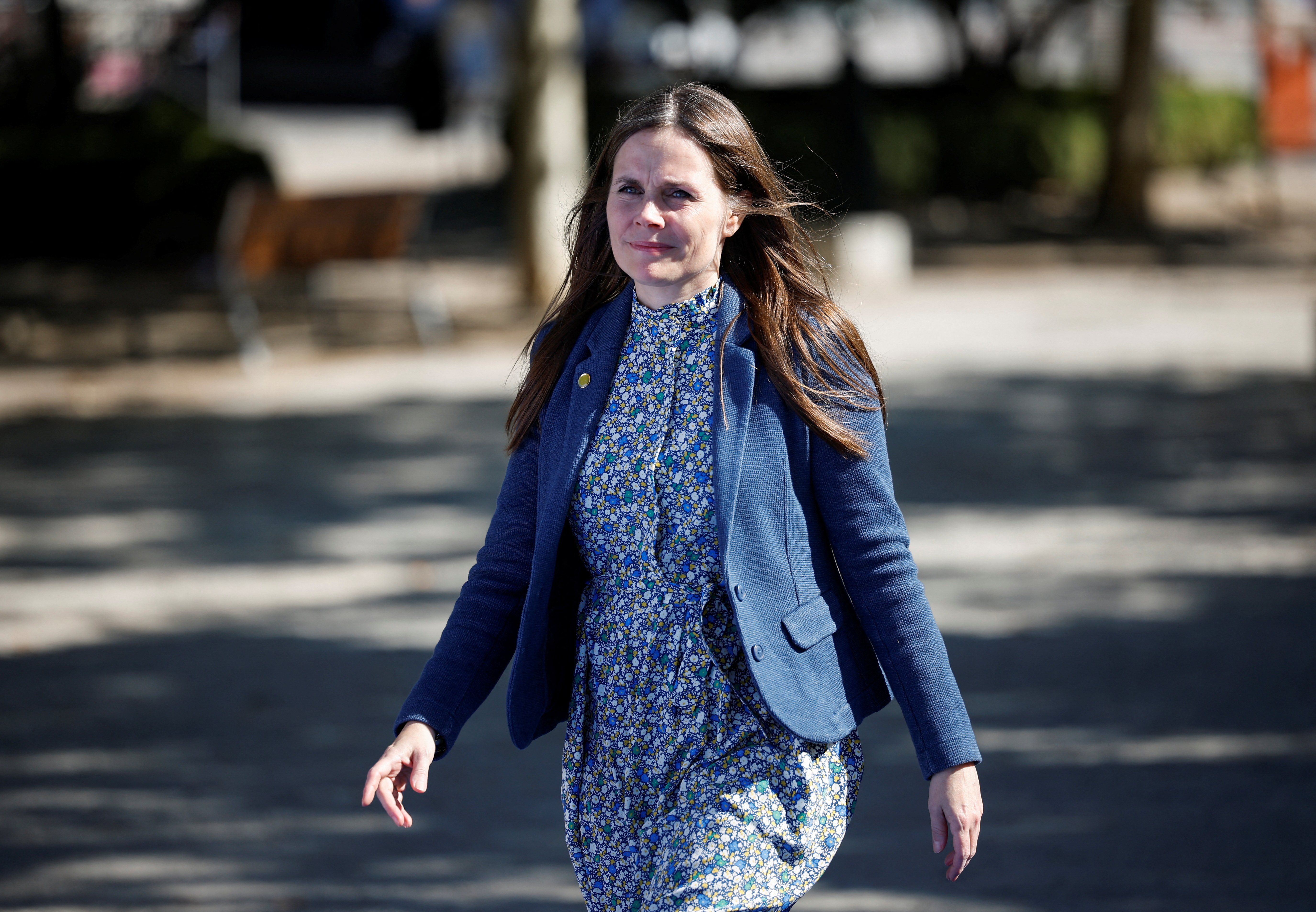48: For the first time in 48 years, the women of Iceland are going on strike. The one-day work stoppage on Tuesday — which the country’s PM, Katrín Jakobsdóttir, will take part in — will spotlight unequal pay between men and women, as well as gender-based violence. Although Iceland tops the list for global gender pay equality among countries, women still earn 21% less than men in some jobs.
5,000: Zimbabwe is struggling with its worst outbreak of cholera in years, with more than 5,000 infections of the deadly waterborne illness recorded since February. A shortage of functional water wells and water purification programs has contributed to the outbreak.
2: The Filipino government has summoned the Chinese ambassador in Manila after Chinese ships collided with two Filipino boats on Sunday in disputed waters. The Philippines is one of half a dozen nations that — with backing from international courts — reject China’s sweeping claims to their territorial waters. The US on Monday reiterated its treaty-bound commitment to defend the Philippines.
53 billion: US Energy giant Chevron on Monday agreed to buy smaller rival Hess for a whopping $53 billion. The move, which comes just weeks after Chevron's rival ExxonMobil snapped up Pioneer Natural Resources, a West Texas shale oil producer, for more than $60 billion, sends a signal: Climate change or not, the two US companies believe that strong demand for oil and gas isn’t going anywhere.
40 million: Who among us wants to learn that we are actually older than we assumed? Well, spare a thought for the moon which, it turns out, is 40 million years older than previously believed. The finding, which puts the age of the moon at 4.46 billion years, is based on a new analysis of rocks collected from the lunar surface in the 1970s.
CORRECTION: An earlier version of this article misidentified Pioneer Natural Resources as a Canadian company. In fact, it is a shale oil producer that focuses on the Permian basin in West Texas. We regret the error.
